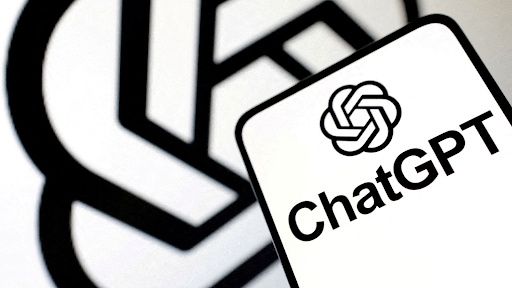OpenAI is launching one of the boldest and most closely watched experiments in the history of artificial intelligence. The rollout of a feature that allows ChatGPT to contact parents of teens in crisis moves AI from the realm of theory and simulation into the complex, messy reality of human family dynamics and mental health.
The hypothesis being tested is whether an AI can serve as an effective, life-saving intermediary. Proponents of the experiment believe it will prove that technology can be a powerful force for good, bridging communication gaps and providing an early warning system that will prevent tragedies. They are optimistic that the benefits will far outweigh the inevitable challenges.
Skeptics, however, warn that this is an experiment with dangerously high stakes, where the subjects are vulnerable teenagers and their families. They fear that the potential for algorithmic error, privacy violations, and the destruction of trust could cause irreparable harm. They argue that such a sensitive function should not be “beta-tested” on the public.
This high-stakes trial was initiated in response to the Adam Raine tragedy, which created a sense of urgency within OpenAI to deploy more robust safety solutions. The company has acknowledged the experimental nature of the feature but argues that the potential rewards—saving lives—justify the risks of this unprecedented trial.
As the experiment unfolds, every outcome will be scrutinized. Success stories will be heralded as proof of AI’s potential, while failures will be cited as cautionary tales of technological hubris. The results of this real-world test will profoundly influence the future trajectory of AI development and its role in our society.


